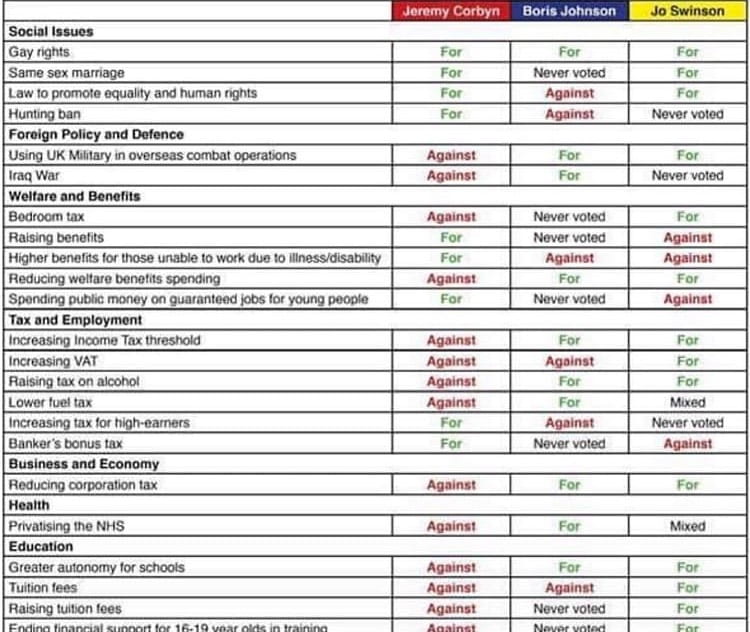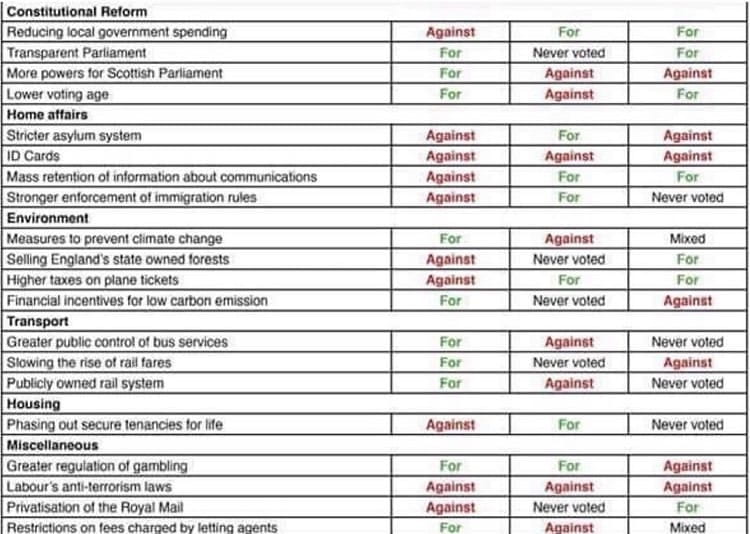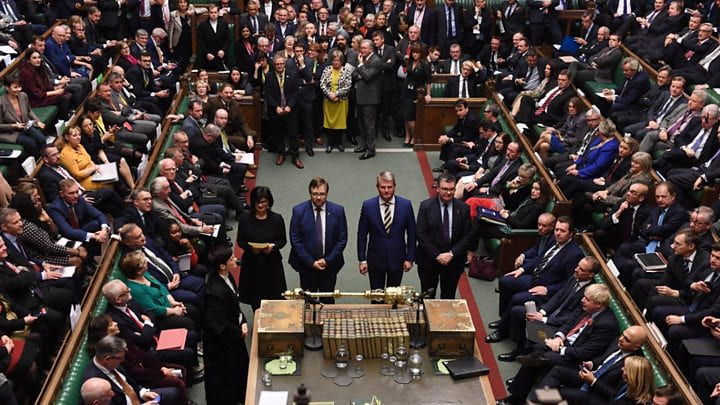Let me guess, you’re a student and you’re not sure what voting in the general election means for you? Well, I didn’t either, so I did some research and I have compiled what I see as the basics to voting in the upcoming snap election.
Am I eligible to vote?
To vote in a UK general election you must be:
– Over 18 on voting day (December 12th)
– A British or Irish citizen
– A UK citizen living abroad who has registered to vote in the UK in the last 15 years
– An EU or commonwealth citizen living in the UK
– You must be registered to vote in the UK
Have you registered to vote?
If you haven’t registered to vote, you need to do so by Midnight on the 26th November otherwise you will lose the ability to vote in this general election. Make sure your friends and family register too. Every vote counts, so make sure you don’t lose yours. You can register online here: https://www.gov.uk/register-to-vote

Where will you be on election day?
Work out where you will be on election day. Will you be at University or at home? It’s not the end of the world if you don’t know, because you can register to vote in both places. However, if you can’t make it to a polling station, you can register for a postal or proxy vote.
To register for a postal vote:
– The deadline for this is 5pm on November 26th
– Register online here: https://www.gov.uk/government/publications/apply-for-a-postal-vote
To register for vote by proxy:
– The deadline for this is 5pm December 4th (you must be already registered to vote at a polling station.
– Check your eligibility and apply for a proxy vote here: https://www.gov.uk/government/collections/proxy-voting-application-forms
What issues are important to you?
Before you go to vote, you’ll need to know who you are gong to vote for. To help you work out who this is, decide what issues are important to you. Climate change? Equality? Human rights? Immigration? Brexit? Really think about your personal priorities before looking into your local MPs.


What am I voting for?
You are voting for an MP to sit on behalf of your local area in parliament. This is a “seat”. The party with the most seats at the end of the election will form a government. This happens in different ways depending on the outcome of the vote. They may have to form a coalition government if they lack the numbers for an overall majority.
Deciding who to vote for can be a difficult decision, but DO NOT let the opinions of others sway you. Look at the issues your local candidates are campaigning for as well as their parties. How well do they match up with your priorities? Have they promised this before and it’s fallen through? Get to know the candidates, many are happy to receive and respond to correspondence from potential constituents, especially young people.

What do I need to take with me on election day?
You will need to take yourself and that’s it. You will need to know your name and address but everything else you need will be provided. You will be given a polling card and there will be pens provided in the polling booths. Make sure to mark your card clearly, preferably with an “X”. Also, leave your phone in your pocket. Don’t take a selfie in the booth, you risk your vote being nullified.
Do you know enough to be able to vote in this general election?
If the answer to this question is no, educate yourself. Articles not dissimilar to this and other sources of information are readily available online. Finding the whole thing a little intimidating? Talk to someone about it. Maybe get together with some friends and look at the process and your local candidates together. Maybe have a cheeky takeaway to treat yourself for being so adult. Don’t just think “my vote won’t make a difference” because if every person who thought that voted in the election, it would make a HUGE difference.
